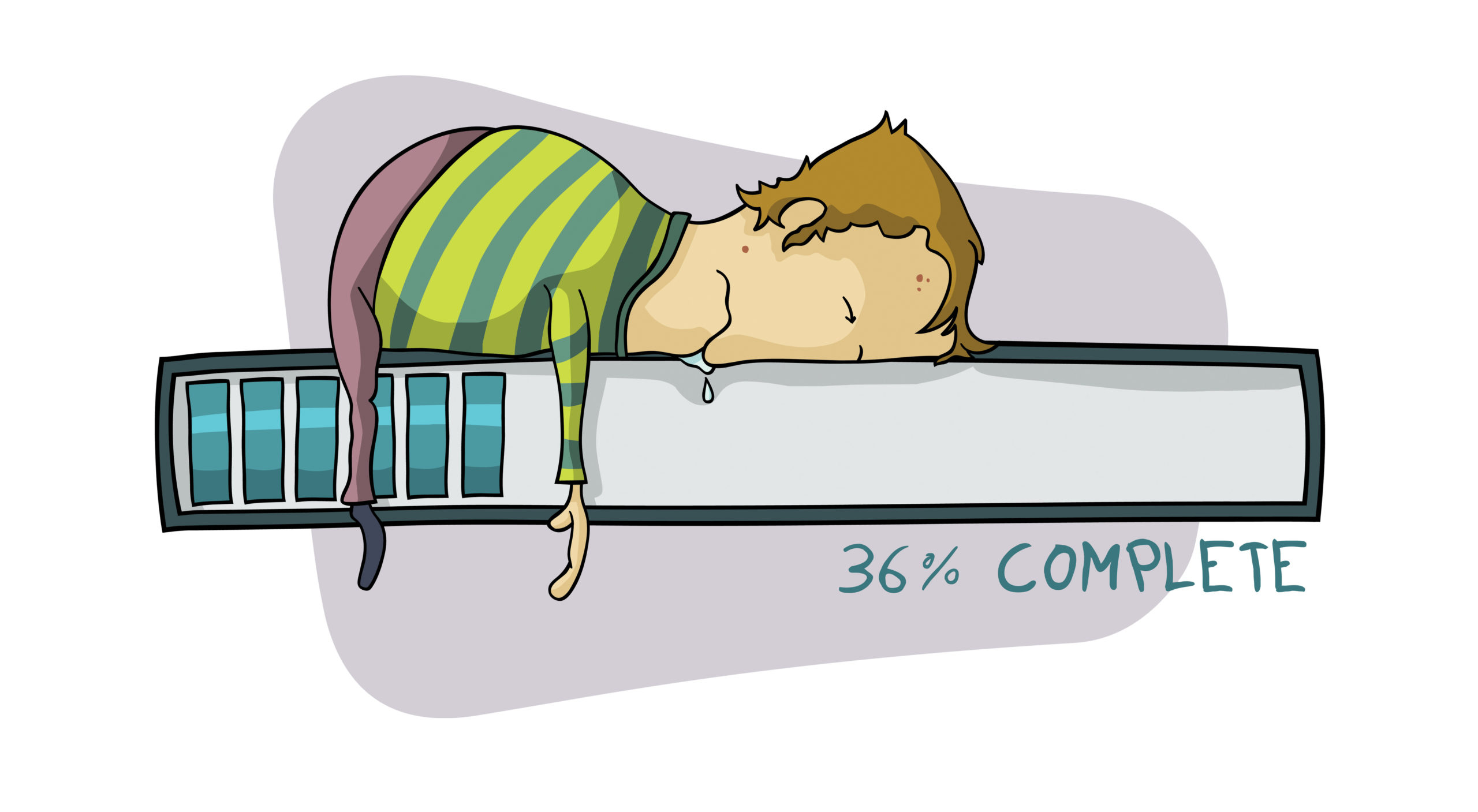When you first loaded files onto your new hard disk, they weren’t fragmented. Each whole file followed the last in consecutive disk clusters, lowest to highest. Your disk performance was never better.
When you began using those files — changing them, adding and deleting records and files — they were broken into smaller and smaller pieces scattered around the disk. That’s because your system writes each new record into the first empty slot it finds on the disk, even if it’s nowhere near the rest of the file.
So what? So, it takes longer to do your work. With every new file fragment, your drive takes longer to access the file, because of more seek time (for moving the drive’s read/write heads between different cylinders) and rotational delay (waiting for the right data to pass the Read/Write heads). Your disk works harder accessing fragmented files, so applications run slower and the disk’s useful life is shortened.
Fragmentation can actually be dangerous for your files — if a disk crash or other disaster destroys your file allocation records, fragmented files may not be recoverable.
Fragmentation degrades performance, increases disk wear-and-tear, and threatens the integrity of your files. You’ll be happier without it.




